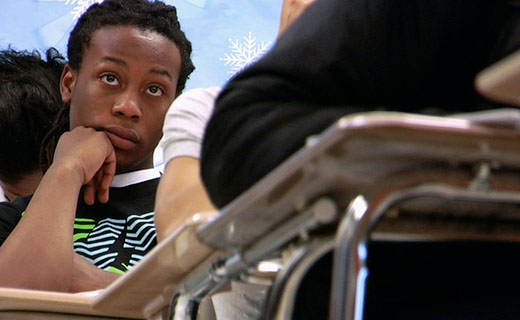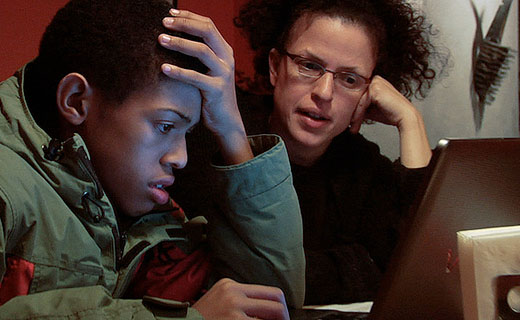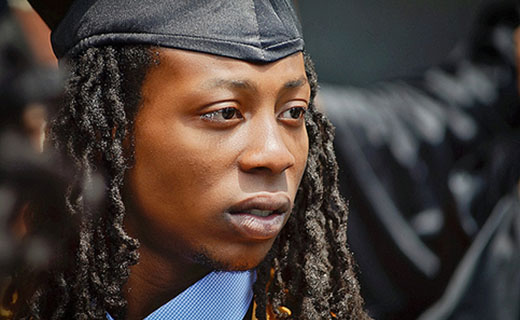“Knowledge is healing. After you have the knowledge, the question is, what do you do next? What’s the next step after the curtains closes up?” asks Joe Brewster.
American Promise is a documentary produced and directed by Joe Brewster and Michele Stephenson about the American school system and the educational obstacles young, Black males face. The documentary captures a 13-year complex portrayal of two African-American boys who were placed in a historically white, prestigious private school from an early age.
“What we discovered is that our son was struggling in ways we had never anticipated. We took that out to other African-American families and what we faced was somewhat surprising. They either would not discuss the issues that we were struggling with or they denied them,” says Brewster. “When you are able to acknowledge that there is a problem, you can address the problem. And we have not acknowledged the problem of implicit bias and that’s what we’re attempting to do in this film.”
The husband-and-wife duo started recording their son Idris Brewster and his best friend Oluwaseun (Seun) Summers at the age of five as they began their journey attending The Dalton School. What originally began as an experiment to document diversity expanding within Dalton, turned into an eye-opening reflection of identity, race and class issues within American society.
Throughout the movie, intense pressure on the boys to succeed could be felt as though a pile of concrete bricks rested on their backs. With an unfulfilled promise from the institution of racial equality, the boys really struggled with fitting in and relating to classmates. During the documentary, Idris asked a troubling question for any parent to answer.
“If I was white, I’d be better off, isn’t that true?” he asks.
While most teens face social hurdles during puberty like attracting girls, attending parties and playing sports, Idris and Seun were experiencing difficulties in those areas, and the main difference that they could see was race. Although race being a factor was not being overtly said, the behaviors of classmates and teachers led the boys to feeling inferior and left out.
This feeling only intensified when Seun left Dalton to attend a public high school.
During this time apart from Idris, Seun encountered a number of different tragedies in his life. His mother was diagnosed with cancer and his little brother passed away, leaving Seun feeling unworthy of living.
“I’d rather be dead than my little brother,” says Seun. “He deserves to live a lot more than I do, because he was the epitome of life.”
Seun received profound social and emotional support from classmates and teachers in order for him to successfully graduate high school. Brewster sympathized with the struggle Seun had to deal with at a young age.
“That’s a lot for a young man to encounter,” says Brewster. “To some extent he is still recovering, but the positive side is that he has the tools for that recovery. He has the love and support that it takes to develop the type of resilience that he needs.”
Witnessing the struggles and the development of the boys of being placed in a demanding environment, Brewster acknowledges that this documentary was needed in order to provide information with healing.
Words By. Moreblessing Munangwa







Comments are closed.